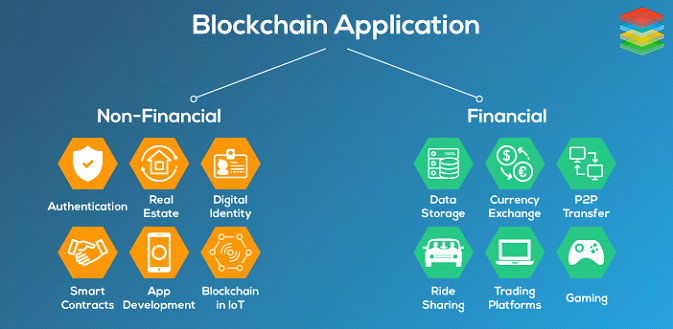Eric van Miltenburg, senior vice president of global operations of Ripple, said recently that Ripple’s UBRI will consider expand more universities. It first targeted universities in China and Japan as these two countries are important components of ripple’s market.
Ripple has been providing blockchain support and settlement network services between banks, exchanges and companies through its network platform RippleNet. Its XRP coin has been widely adopted by banks and financial institutions because the cryptocurrency can be used as a bridge currency for other currencies. In order to nurture relevant industry's understanding of blockchain and stimulate countries' deeper understanding and innovation of blockchain technology, Ripple recently donated 50 million US dollars to 17 universities around the world to support cryptocurrency education.
However, since the emergency of cryptocurrencies and blockchains, countries have taken different attitudes towards blockchain assets. Japan actively supports it, South Korea actively supervises it, and China strictly supervises it. And South Korea has completely banned domestic ICO projects since last September, so Korean domestic blockchain companies are moving their businesses to Singapore or Switzerland.
In this case, an official from the US cryptocurrency company Ripple urged the government to relax its supervision of the market. In an interview with the Korea Times recently, Eric van Miltenburg said that South Korea should relax cryptocurrency regulations, but regulations should protect consumers and businesses.
So should countries relax cryptocurrency regulations? What will happen to the future of the blockchain?
Van Miltenburg claimed that he believes that the current cryptocurrency boom is similar to the early stage of the Internet boom in the early 21st century and states that the government needs to pay more attention to the positive effects of blockchain and cryptocurrency technologies.
Van Miltenburg told the “Korea Times” in a telephone interview on June 1st: “We think there needs to be a rebound of regulatory measures to protect consumers without stealing or prohibiting innovation.”
For now, the blockchain looks good, but in any case, practice is the sole criterion for testing truth. Only by placing blockchains in real applications can they be identified. So what about the results of the test?
Recently I read a book entitled Blockchain+. This book gave me the answer as it mainly shows the application and future of blockchain from 50 cases around the world, including the fields of finance and technology, energy, transportation, agriculture, medical and public health, public affairs, etc,. it has presented a wide range of application prospects for blockchains.
However, these application cases also show that many practical application technologies of the current blockchain are still in their infancy, and many projects have not yet landed. Just like the babies in the cradle, only if they can respect the laws of growth can they be gradually cultivated. And this requires countries to actively supervise while relaxing regulations.
